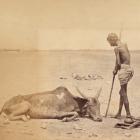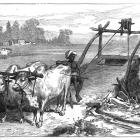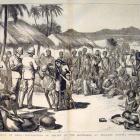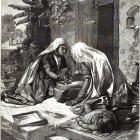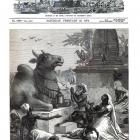Earth First! Journal 19, no. 6
In this issue of Earth First! Journal Alan Featherstone gives an update on the protest of Australian activists against the logging of old growth in Karr, Anne Petermann discusses culture diversity and racism within the EF! movement, and Fernando Reals holds the US Navy responsible for eco-cide, imperialism, colonialism, and militarization in Puerto Rico.






